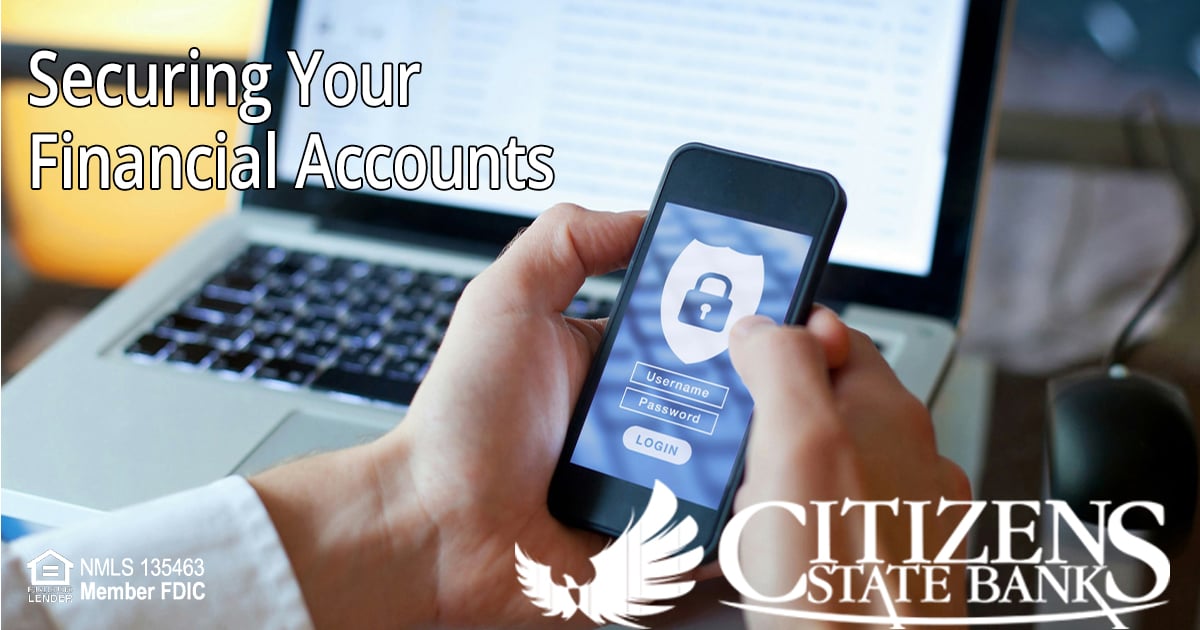June 14, 2023 •Ouch! Monthly Newsletter

Your financial accounts are a primary target for cyber-criminals. You have money, and they will do anything to steal it. By financial accounts, we mean not only your checking or savings accounts, but also investments, retirement, and online payment accounts like PayPal. Fortunately, with some simple, fundamental steps, you can protect yourself.
Banks invest a huge amount of money in securing their systems, making it extremely difficult for a cyber- criminal to hack into them. This is why cyber-criminals target you and your accounts instead. They know you don’t have your own security team to protect you, so it's much easier to hack you than a bank. Here are the two most common ways they will target you and attempt to steal your money:
Each of your financial accounts is protected by a password. If a cyber-criminal can guess or compromise any of those passwords, they can log in as you and then transfer your money to bank accounts that they control. There are numerous ways they will try to get your password. One common method is infecting your computer with malware. Once your computer is infected, they can capture your username and password when you access your bank’s website. Another common method is sending phishing emails that pretend to come from your bank. When you click on the link in the email, you think you are logging into your bank’s website, but in reality, you are logging into a fake website that the criminals control. This allows them to once again harvest your username and password, which they can then use to log in as you.
Cyber criminals can simply ask you for your password or for you to transfer the money to them. Such social engineering attacks often start by getting you on the phone. Cyber-criminals know that once they get you talking, it's much easier for them to use emotion to get you to make a mistake. This is why you are starting to see more phishing emails, voice mail, and browser pop-ups creating a sense of urgency by telling you that you have to call a phone number to resolve an issue or to take advantage of an amazing opportunity before it expires. Once you call the phone number, the criminals create a tremendous sense of pressure to either give them access to your accounts or to move your money to different accounts for them. For example, they may tell you they are from tech support or the government, claiming that your computer is infected and that if you don’t act now, you will lose all your money.
Fortunately, securing your bank accounts is simpler than you may think. Here are three simple steps to protect yourself.
Lynn Dohm is the Executive Director of Women in CyberSecurity (WiCyS). From her experience in the cybersecurity education sector to active involvement in grant-funded programs and nonprofits, Lynn advocates and spreads awareness on the importance of diversifying the cybersecurity workforce.
The views, information, or opinions expressed in this article are solely those of the author and do not necessarily represent the views of Citizens State Bank and its affiliates, and Citizens State Bank is not responsible for and does not verify the accuracy of any information contained in this article or items hyperlinked within. This is for informational purposes and is no way intended to provide legal advice.